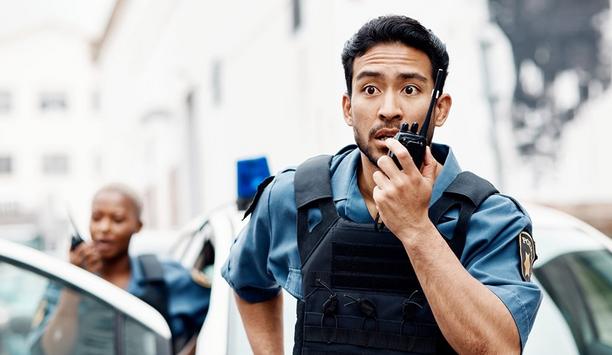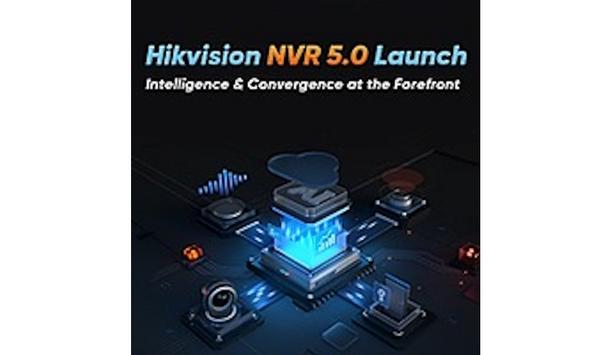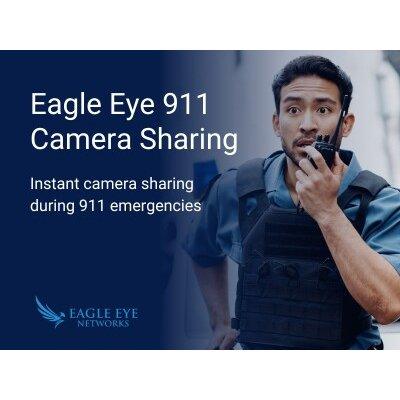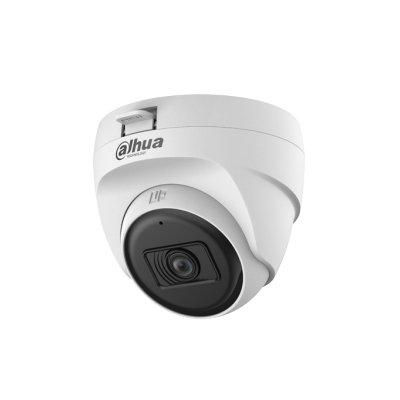 |
| Cruise ships need stringent security measures |
If you wanted to describe the security challenges of a cruise liner, you could think of a hotel inside an airport. When it comes to the individual cabins, a cruise ship requires the same kind of security as a hotel: secure doors to the rooms, records of who has been going in and out, perhaps surveillance cameras in the corridors to check on lurkers.
But while a hotel with its lobby and restaurants is usually open to the public, nobody should be able to get on to a ship if they are not entitled to be there. So boarding procedures have to be very similar to those at airports, with boarding passes, baggage controls and body checks.
Awareness of the vulnerability of cruise ships, says Geoffrey H. Greaves, CEO of consultants International Maritime Security in London, is not new. The Achille Lauro hijacking in 1985 led the International Maritime Organization (IMO) to issue guidelines for security on cruise ships. "After that, ships, especially those going to America, had to have minimum standards," says Greaves.
But the urgency grew after 9/11, when people began to imagine that a big cruise liner could be the target of a terrorist attack, leading the US to issue its International Ship and Port Facility Security (ISPS) code. The code requires every ship over 500 tonnes to meet certain standards and ships are not allowed into the United States unless their last ports of call conformed to ISPS code.
New security rules for cruise lines
 |
| Boarding procedures for ships are as detailed as those used at airports, with boarding passes, baggage controls and body checks |
Greaves says the new rules only led to a slight change in procedures for cruise lines that had already been following the IMO rules. But he says modern ships are designed to include security features. "The fibre optics for the cameras will be provided, and the wiring for the archway metal detector at the gangway will be installed," he says. "I visited a ship under construction recently where I immediately saw that the gangway was too narrow. Nowadays a gangway has to be designed so that it's wide enough for all the security equipment."
With passengers and crew embarking and disembarking at every port, the same procedures will be followed each time. That means maybe 4,000 passengers and crew having to go past a baggage x-ray, an archway metal detector, body checks, and a swipe card reader with a crew member sitting by a computer watching the picture of the card holder come up. The picture will be taken when the card is issued.
Access controllers could also use fingerprints as an additional check that the person who uses the card is the passenger, but nobody is using biometric fingerprint readers yet, says Preben F. Poulsen, Vice President of VingCard Marine, which makes ship security systems: "There is the problem that not everyone has good fingerprints for reading, but we offer the option. Probably it will only come into use when a disaster happens."
Analysing security risks for passenger ships
That a disaster hasn't yet happened surprises analysts. The number of passengers carried on the Cruise Lines International Association's ships rose from 7.2 to 11.2 million between 2000 and 2005. In 2002 the tanker Limburg was attacked in Yemen and destroyed, and there have been a couple of attacks on ferries in Indonesia, but so far cruise ships have remained untouched. Greaves says it's not because security is so good. "I could get you on board a ship to carry out a spectacular attack,"he says. He notes it's difficult to convince cruise line operators to increase their security as long as everything is going well.
Analysts are suprised that a disaster hasn't yet happened. Greaves notes that it's difficult to convince operators to increase their security as long as everything is going well |
But although one might think that passengers would want to imagine they were in a dream world where security was not an issue, in fact, they demand the safety of proper controls. "I was standing behind a couple on a gangway recently," says Greaves, "and there was nobody there as they went through the metal detector. The woman said to the man, 'Hey, John, I hope it's switched on."
Stowaways are still fairly common, but their numbers have gone down. "Someone should be at every open entrance to a ship," says Greaves. "But sometimes the crew member goes round the corner to have a cigarette." Access controls for crew have to be particularly stringent. Two stowaways got on one of his clients' ships recently pretending to be security officers. "But the crew were able to use CCTV pictures to identify them and remove them at the next port of call."
The security issues on board a ship are usually much more mundane than the risk of terrorist attacks. "We have all kinds of crime, from theft to rape," says Greaves. "In the early nineties, there used to be cameras only at the entrance. Now they are likely to be all over the vessel to monitor both passengers and crew." There might be passengers who claim to have slipped in order to gain an upgrade, or accusations of sexual molestation by a crew member.
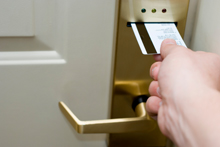 |
| 9/11 drove an increase in security measures on cruise ships |
New developments in access control on the horizon
Developments in the cruise ship industry are often similar to those on land. For example, some security companies offer online locks for all security areas, or the cabin key-card can be used to make purchases on the ship. "In fact, it was convenience which was driving things originally, but then came 9/11," says Preben F. Poulsen. But there are some marine specialties, he adds: "For example, we always include a mechanical overriding cylinder in the locks in case of evacuation."

By Michael Lawton
Assa Abloy Future Lab










